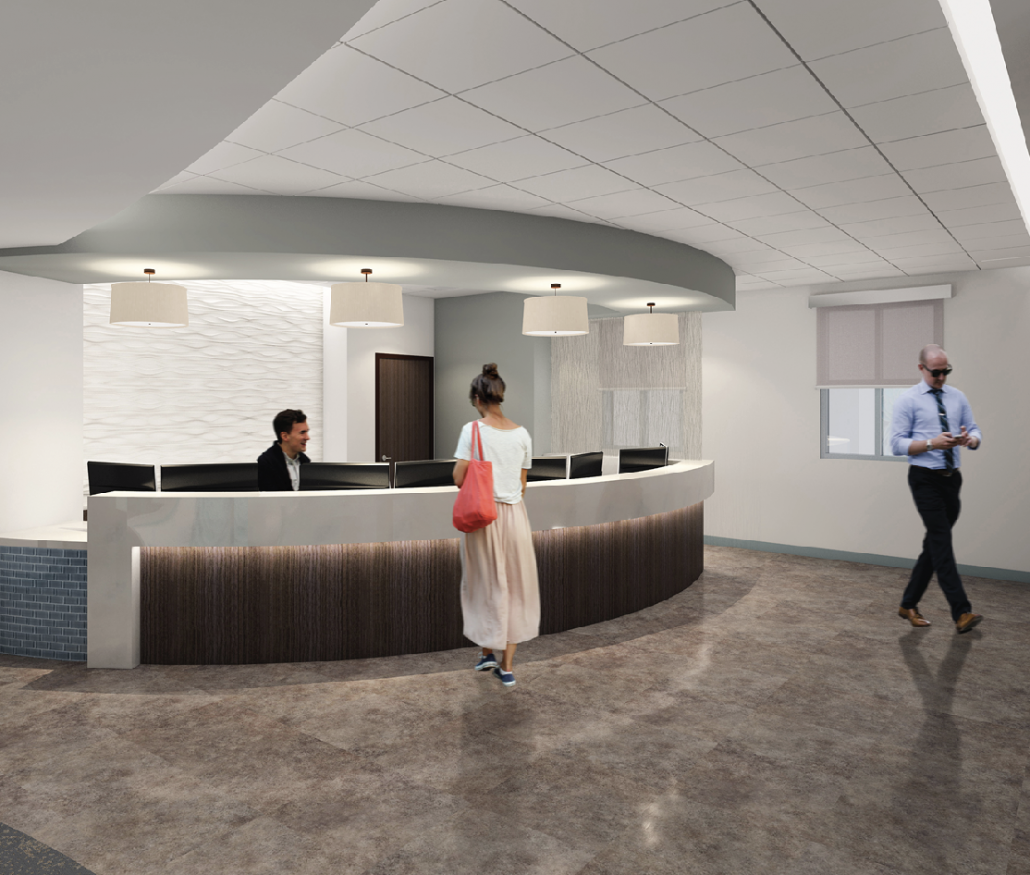Engemann expands mental health services

Construction is underway to convert the Engemann Student Health Center’s previously unoccupied fifth floor into a new student mental health services floor. The initiative is led by Keck Medicine of USC’s psychiatry department and is expected to by completed by the end of 2019.
Currently, USC Student Health’s counseling and mental health services primarily focuses on providing short-term individual therapy and semester-long group therapy. For individual therapy, the center currently sees students who either need emergency crisis counseling or counseling for short-term issues, such as a death in their family or relationship troubles. These students are seen for six to eight sessions, then referred to off-campus services if they want to continue therapy. Students who wish to see a therapist for long-term concerns but aren’t in crisis can consult USC Student Health for an off-campus referral.
The new services will include ongoing weekly and semi-monthly private appointments, according to Meg Aldrich, director of media relations for Keck Medicine of USC.
Psychiatry department chair Steven Siegel said that after USC Student Health became part of Keck two years ago, he and other faculty saw a need for improved on-campus mental health services.
“There have historically been a large number of students who are referred out into the community to receive care that exceeds the capacity of what we can do inside Student Health,” Siegel said.
Siegel said the psychiatry department proposed an overhaul of mental health services to Keck in 2017. Keck subsequently proposed the changes to the University. Aldrich said USC Student Health plans to hire 18 new medical providers for the fifth floor, including social workers, therapists and psychiatrists.
In addition to increasing mental health services staff, Siegel said the fifth floor will be built and designed based on “what a psychiatrist would want,” from its floor plan to the sensitivity training that all staff members will receive.
Tammy Capretta, Keck’s administrative chief integration and risk officer, was part of the design team for the new fifth floor, which will include 18 new consult rooms. Capretta said she wanted to prioritize students’ privacy and comfort in her designs for the new space, from the hallway lighting to the colors of paint on the wall.
“[I wanted] the environment [to be] warm and welcoming,” Capretta said. “The way it’s designed, even the acoustics in this environment are highly developed so that it is a very private environment.”
She said the new fifth floor will also include an electric fireplace, group therapy rooms and staff members that are assigned to assist students in the waiting area. Capretta stressed the significance of USC Student Health expanding its mental health services, since Engemann has not provided specialty services for USC students in the past.
“These are going to be specialized mental health services that are available — not inpatient services … that can be offered over a longer-term basis that will be available on this fifth floor,” Capretta said.
Although counseling and mental health services at Engemman see some students at the center, in the past, approximately 70 percent of students were referred off-campus.
Maddie Kutler, a sophomore majoring in psychology and French, found an off-campus therapist through Engemann last fall, whom she visits every Friday. She said she was frustrated by her experience scheduling and receiving a consultation through USC Student Health.
The current process for students to receive an off-campus referral is to schedule a consultation appointment online (Kutler said the first one she could find was a month later) or in person at the health center answer a list of questions about why they are seeking treatment and then receive a list of options that will accept their insurance.
“That whole process, I could have done on my own … You’d be able to find that information without them,” Kutler said.
Siegel recognized the problems USC students have had finding accessible mental health care, and said student accessibility is his top priority for the new services.
“[We want to] make it here, make it easy [and] make it so you can go now, not in six weeks,” Siegel said.

